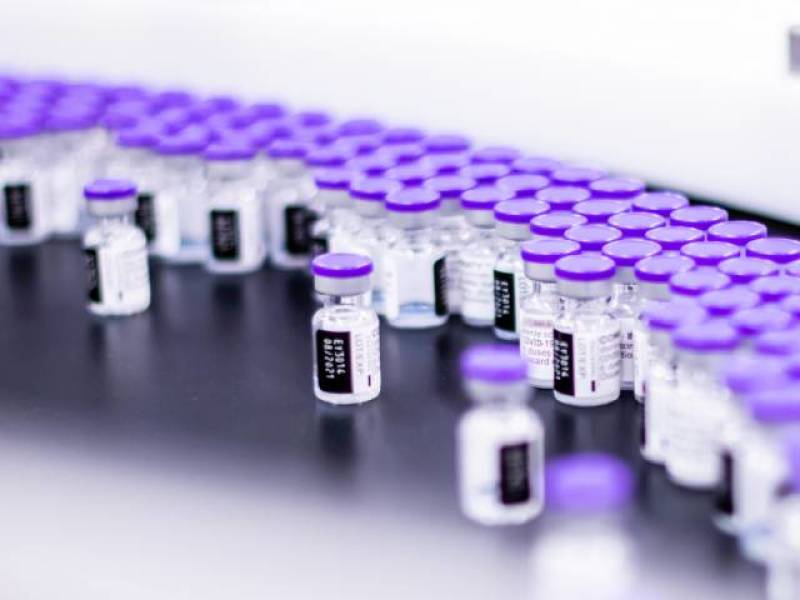
Scientists are not more worried about the risk of myocarditis among the youth stemming from the Pfizer COVID vaccine.
A new study has shown that adolescents had a seven times higher risk for being hospitalized for myocarditis following the second dose of the Pfizer COVID vaccine. Researchers in Hong Kong found 39 cases of myocarditis per 100,000 recipients of the Pfizer COVID vaccine. Data showed that for every 2,563 teens who received the Pfizer COVID vaccine, one was hospitalized due to inflammation of the heart muscle, which is called myocarditis.
A new study was published in JAMA Pediatrics by researchers Dr. Xue Li, Dr. Francisco Tsz Tsun Lai, and Gilbert T. Chua titled "Myocarditis Following COVID-19 BNT162b2 Vaccination Among Adolescents in Hong Kong." In the study, researchers reported that Norway, the U.K., and Taiwan had "suspended the second dose of mRNA vaccine for adolescents" while scientists weighed the benefit of preventing COVID among the youth against the risk of developing myocarditis.
The researchers "linked vaccination records with the Hong Kong territorywide electronic health record database through government-commissioned population-based COVID-19 vaccine safety surveillance" and found that among the thousands of recipients of the BNT162b2 or Pfizer COVID vaccine, 43 adolescents had "myocarditis-related hospitalization" after receiving the shot.
Furthermore, the researchers found that 84% of the hospitalizations or 36 out of the 43 occurred after the second dose. Researchers said that the incidence rate was 3.12 and 22.15 per 100,000 persons who received the first and second dose, respectively.
"In this cohort study, the single-dose regimen was found to be associated with reduction in myocarditis risk among vaccinated adolescents," researchers wrote. "Vaccination policy for adolescents should consider the trade-off between risks and benefits."
"Questions remain about the mechanism of myocarditis following mRNA vaccine. Potential ways to reduce myocarditis risk in adolescents could be the use of single-dose only, a lower dosage for 2 doses as recommended for children aged 5 to 11 years," the researchers wrote.
According to WND, members of a U.S. Food and Drug Administration (FDA) panel highlighted their concerns over the risk of myocarditis. The New England Journal of Medicine editor-in-chief Eric Rubin described myocarditis as "a side effect that we can't measure yet" but argued for the shots to be administered to children nonetheless. He said, "We're never going to learn about how safe the vaccine is unless we start giving it. That's just the way it goes."
Prominent opponent of the COVID vaccines Dr. Peter McCullough, a cardiologist also warned that myocarditis caused by the Pfizer COVID vaccine can be severe because the sprike protein in the mRNA shots "go right into the heart." He added that among kids who develop myocarditis following a COVID vaccine, "90% have to be hospitalized."
In February, the FDA took down from its website a report that detailed an unpublished meta-analysis on how rates of post-COVID vaccination heart inflammation were higher than any U.S. agency had previously reported. The report showed that the incidence of myocarditis among males aged 18 to 25 was 148 per one million vaccinated.


















